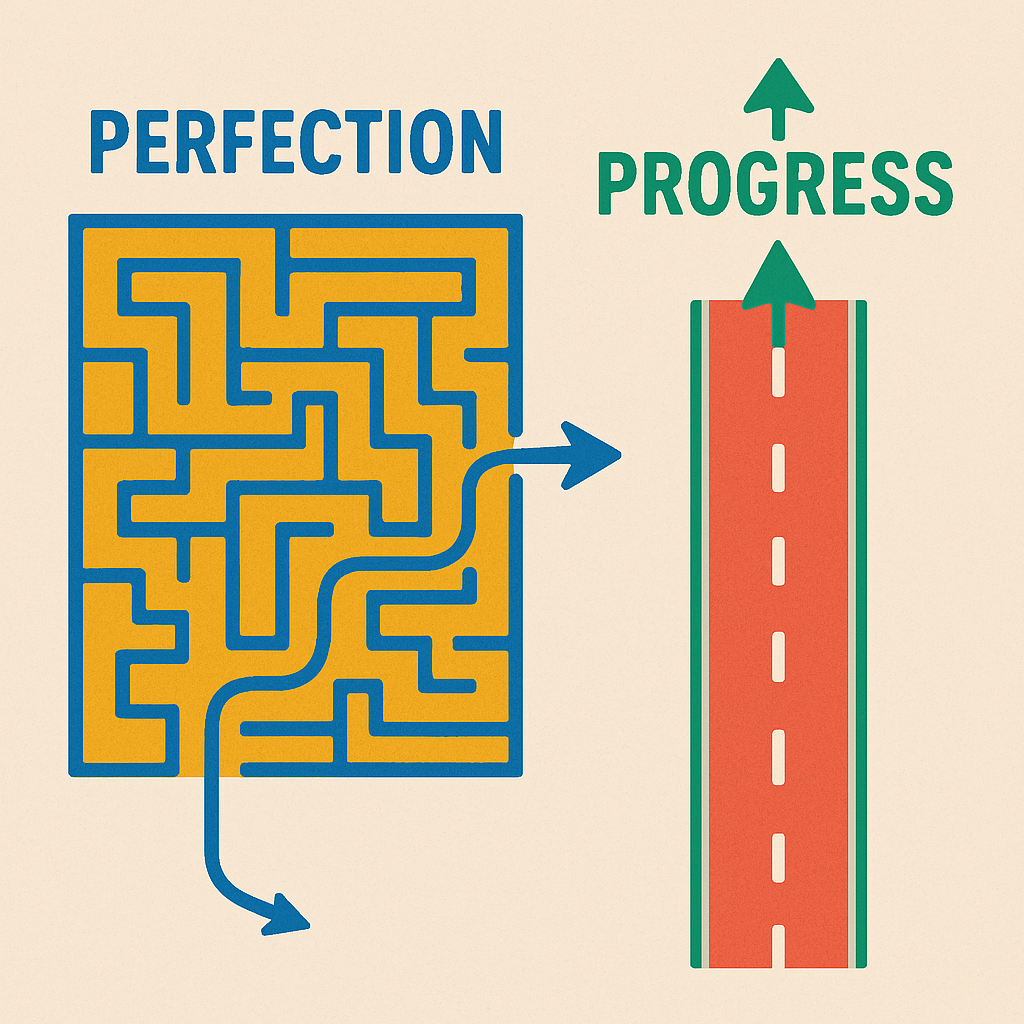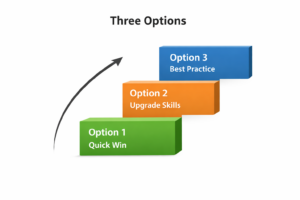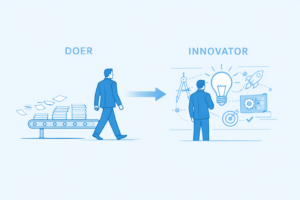The Perfectionism Paradox in Professional Services
In the meticulous world of professional services, from legal and accountancy firms to consultancies and insolvency practices, practitioners often grapple with the relentless pursuit of perfection. The belief that every report, analysis, or client communication must be flawless can lead to significant delays and missed opportunities. This phenomenon, known as perfectionism, is not only a personal challenge but also a systemic one that permeates entire organisations.
While aiming for high standards is admirable, an excessive focus on perfection can paradoxically hinder productivity and stifle innovation. Research indicates that perfectionism often leads to decreased productivity and increased stress. A study published in Personality and Social Psychology found that perfectionism can result in worse outcomes compared to simply aiming for excellence (source). This is particularly pertinent in sectors where timely decision-making and adaptability are critical.
Traditional Approaches to Quality and Their Limitations
Historically, professional firms have relied heavily on manual processes and human expertise to ensure the quality of their outputs. This approach, while rigorous, is inherently time-consuming and prone to human error. The traditional workflow typically involves multiple layers of review, endless revisions, and a cautious approach to innovation – all of which can become bottlenecks.
The fear of making mistakes often leads to procrastination and decision paralysis. Professionals may spend disproportionate amounts of time refining minutiae that have minimal bearing on the overall outcome, diverting attention from higher-value strategic tasks. This culture of perfectionism not only affects individual performance but also drags down organisational efficiency.
Generative AI: A Catalyst for Speed and Quality Enhancement
Enter generative artificial intelligence (AI), a transformative force that is revolutionising the way professionals work. By automating routine tasks and offering intelligent suggestions, generative AI enables practitioners to focus on strategic thinking and client engagement.
Whether it’s drafting legal documents, preparing financial analyses, writing reports, or even planning projects, AI tools can deliver high-quality first drafts in a fraction of the time it would take a human. These tools do not replace professional judgment – they augment it. And the results are compelling.
A recent study from the MIT Sloan School of Management found that generative AI could improve the performance of highly skilled workers by nearly 40% compared to those who did not use it (source). The productivity gains come from AI’s ability to handle repetitive and complex tasks quickly and consistently, freeing up professionals to focus on the work that truly requires their expertise.
AI also excels in iteration. Its outputs improve over time as it learns from feedback and evolving data. This mirrors the most effective approach to professional practice: start fast, iterate, and refine.
The Imperative of Human Oversight
Despite its capabilities, AI is not infallible. It operates on the data it is trained with and can occasionally produce outputs that require contextual understanding and critical evaluation. Hence, the need for a “human-in-the-loop” approach is vital.
Professionals must still review, amend, and approve AI-generated outputs. This ensures quality, accuracy, and compliance with sector-specific standards. It also shifts the responsibility for the final output where it rightly belongs: with the professional decision-maker, not the machine.
Far from compromising quality, this model elevates it. Human oversight combined with AI assistance results in faster, more accurate, and more consistent outputs. It allows professionals to deliver better service to clients, more often and more efficiently.
Changing Mindsets: From Perfection to Progress
To unlock the true value of generative AI, a change in mindset is required. Professionals must move away from the notion that perfection must be delivered “on a plate” – whether by staff or by software. Instead, they should embrace a culture of speed, iteration, and continuous improvement.
Perfectionism is not only unrealistic but counterproductive. It leads to delays, demoralised teams, and missed opportunities. In contrast, AI enables rapid delivery of high-quality work that can be refined and polished with minimal effort. The result? Better outcomes, faster turnaround times, and happier clients.
Conclusion: Imperfection Is the New Professionalism
The integration of generative AI into professional practice offers a powerful solution to the problems posed by perfectionism. By combining the speed and consistency of AI with human insight and oversight, professionals can transform the way they work.
It’s time to stop waiting for perfection and start delivering excellence – quickly, consistently, and creatively. If you’re in professional practice and want to see how this can work in the real world, particularly in insolvency, I’d love to show you how VAi can be integrated into your firm.
Call Paul on 07813 102014 or email paul@vaisolutions.co.uk to find out more about how our generative ai tool, VAI, can help you in your insolvency practice. Let’s move from perfectionism to progress together.






